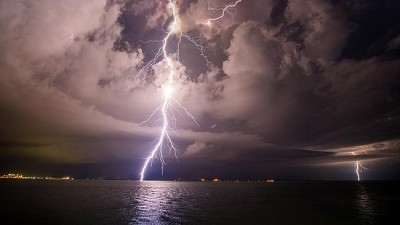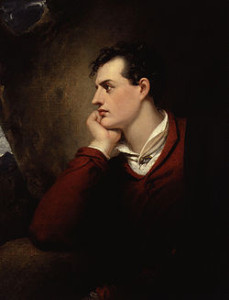It Changed My Life – Book Three
I bought The Golden Treasury of English Verse and a harmonica as my only mementoes of civilization when I set off to go backpacking around the world. I’m not entirely sure why though because I hated poetry and I couldn’t play the harmonica.
By the time I got back, I was enchanted by both.
Being untutored in the arts, I was free to decide for myself what I liked and what I didn’t — even if what I liked wasn’t the right thing or it was unfashionable or whatever. That sentiment applied equally to my music playing and to poetry.
One night, in Darwin, during a bone-shaking thunderstorm, I heard someone playing blues harp in the other room. It was the most amazing sound I had ever heard come out of a harmonica and I went to investigate. There was an Australian dude a little older than me and we got talking.
He invited me to play a little too and he said words to the effect of “Wow! I have never heard anyone play the harmonica like that!”. I am still not sure if he meant Wow! That was great! or Wow! You suck!
Since I had no idea how I was meant to play it, I just played what sounded good to me. Same deal with poetry.
I jumped around all over the poetry book and each poem launched me into a quest for more poetry like this one. I had been force-fed Wilfred Owen at school but reading him of my own accord felt reckless, revolutionary. After six years in the Royal Navy, I had to read poetry to find out what war was about.
I have, again, no recollection of why I decided that I should learn The Rime of the Ancient Mariner by heart but I gave up after about 75 verses. I was heartbroken when my new team at work decided that Team Albatross was too gloomy for a team name. They must not have read Coleridge (or heard the song).
My tastes were eclectic (sorry, Dylan, that I made you learn For Whom the Bell Tolls for a recital) and after mini-expeditions with Kipling (Kim, The Man Who Would be King), DH Lawrence (The Rainbow, Lady Chatterley, Sons and Lovers, Women in Love) and a day trip or two with Tennyson and Betjeman, I settled on George Gordon Byron as my travelling companion and soulmate.
I read everything that Byron had ever written and, for a short, mad while, I wanted to be him. I wanted to be the second mortal to swim the Hellespont; I wanted to so scandalize my wife on my wedding night that she would file for divorce the very next day (must’ve been a pretty successful night as it produced Lady Ada who also discovered the joys of programming); I wanted to seduce the wives, sisters, sons and mothers of prominent politicians, including the prime minister’s; I wanted to raise a private army and go liberate the Greeks from the Turks or to die trying – like Byron did.
Shelley and Keats travelled with us for a while, but neither thrilled me the way Byron thrilled me.
I haven’t read poetry for a long, long time – except to read old favourites to my daughter. My passion, like Byron’s life, was brief but intense.


